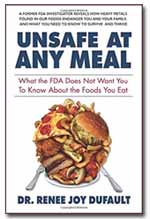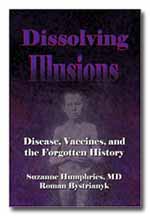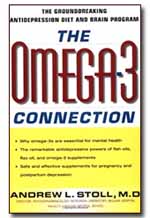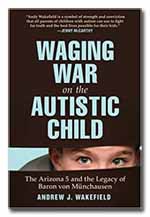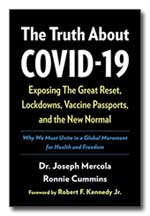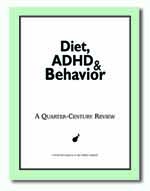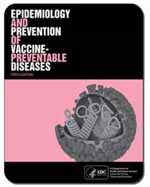 Roczniki Panstwowego Zakladu Higieny. 2012;63(2): 127-34
Roczniki Panstwowego Zakladu Higieny. 2012;63(2): 127-34
In this review of ADHD treatments, Konikowska describes hyperactivity as a genetic trait connected to abnormal brain maturation, likely related to less activity by neurotransmitters dopamine and norepinephrine. While stimulant medications effectively increase the activity of these neurotransmitters, their side effects have led to an effort to find other treatments.
First discussing the environmental factors known to increase the risk of ADHD during and after pregnancy — pollution, pesticides, smoking, and toxins — she reviews the published information on the influence of nutritional factors such as synthetic food dyes, preservatives, refined sugars, and deficiencies of magnesium, zinc, iron, B6, iodine, omega-3, etc. She clearly feels that proper nutrition is helpful, at least as a support therapy, and with fewer side effects than stimulant medications.
QUOTE: “Results of research suggest that food additives and salicylates may aggravate hyperactive behavior [in] children. It is worth to consider using an elimination diet, but only some children will respond well to this type of diet.”
QUOTE: “Studies on eating habits in ADHD, although they are preliminary, show many benefits of using proper diet.”


